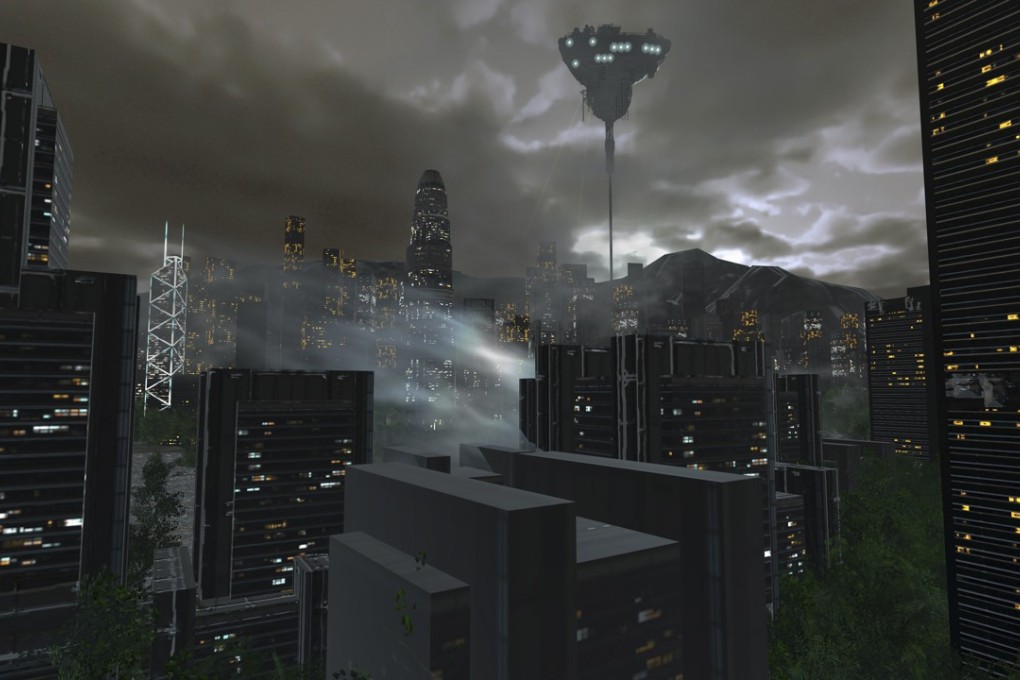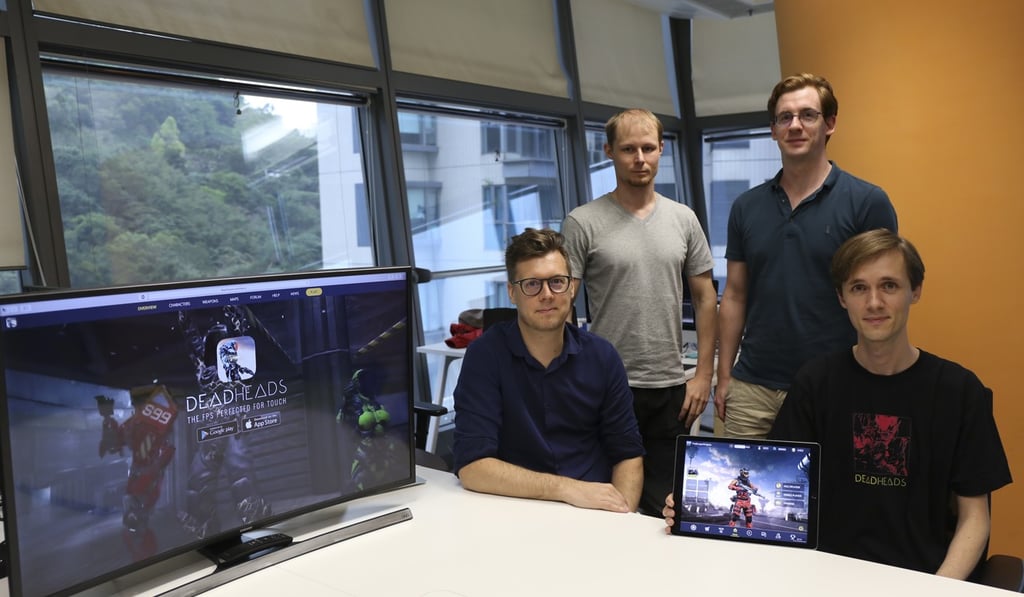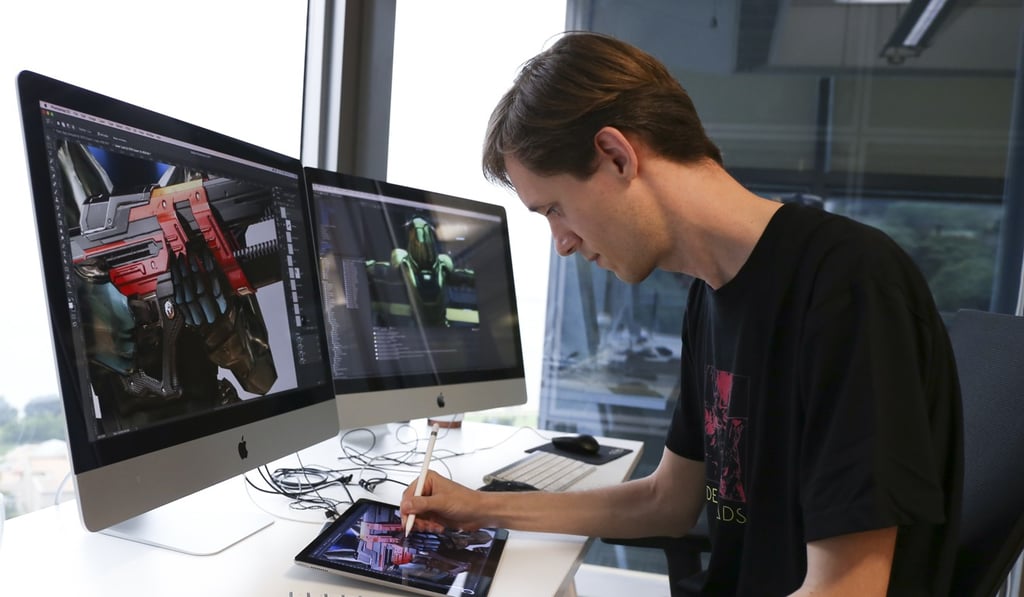Hong Kong game developer that can’t find local talent says it’ll take a revolution for Hongkongers to see industry as a viable career
Founder of company behind Deadheads, pioneering first-person shooter game for mobile phone users, uses lure of city to build a multinational team of talents

Deadheads is a new first-person shooter game for mobile phones. It was created by Hong Kong-based company Cmune and features a full episode set in the city. Yet none of those who worked on the project are from Hong Kong.

The co-founders, Shaun Lelacheur-Sales from Australia and Ludovic Bodin from France, chose Hong Kong as their base to tap into the emerging Asian markets as well as to attract foreign talent, many of whom find the prospect of living in Hong Kong quite appealing.
“You can’t make it on your own if you want to build a big game,” says Lelacheur-Sales. “You need to have a really talented team of people with different specialisations, such as database, front-end development, artificial intelligence, sound, gameplay and system engineering.”
Though Lelacheur-Sales was very keen on recruiting Hongkongers, they were unable to find the right people even after conducting many interviews.
“There was a lot of talent, but they were more focused on building apps for business, particularly fintech. In terms of people with experience that we need, it’s very challenging in Hong Kong,” says Lelacheur-Sales, who believes a revolution needs to take place in the city to make game development a more viable career option.
